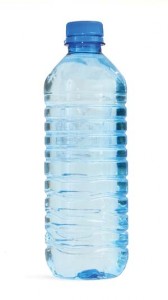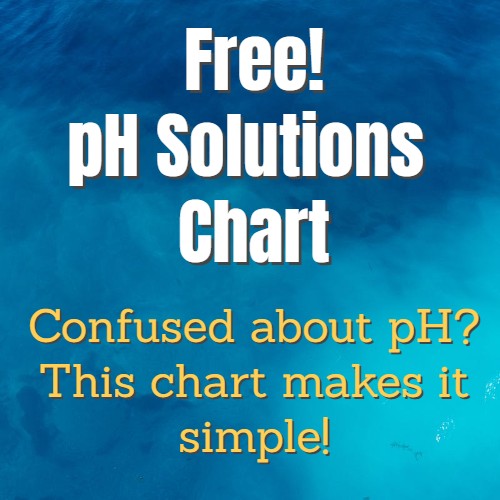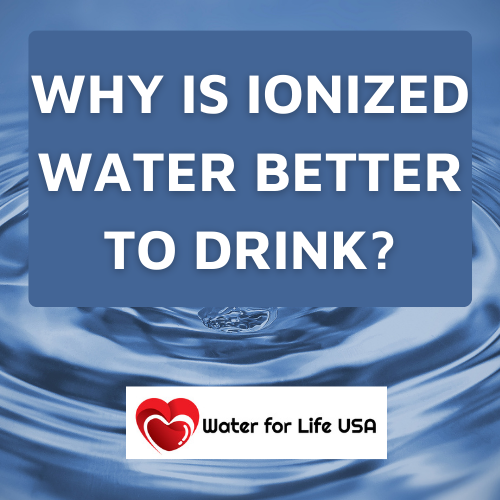Spring Sale! Save 20%

Celebrating 14 Years in Business and an A+ BBB Rating!
Home / Blog-2 / Bottled Water / Alkaline Bottled Water
Table of Contents
ToggleThere are many brands of alkaline bottled water. Names like Essentia Water, Alka Power Alkaline Water, Affinity’s Alkalized Water, and Alka-Pure Natural Alkaline Wellness Water, are just some of the more well-known. What all these brands purportedly do is package up and sell ‘alkaline’ water, which some may also claim to be ‘pure’ water. Most also claim to sell products that contain specially nourishing minerals in the water, too.
What every single alkaline bottled water product has in common is distillation. This is the process by which the water inside the bottles is first filtered, to remove any contaminants that you would find in normal tap water. The distillation process is very straightforward: water is heated to boiling so that the water vapour rises to a condenser. In the condenser, cooling water lowers the temperature so the vapour can be condensed, collected and stored in plastic bottles. Simple enough, you may think. But distillation, when it comes to drinking water, is not a good thing.
 Distillation is so effective as a purifier, it is no wonder that alkaline bottled water companies like to market their water as ‘pure’. It literally is pure of anything. There is almost nothing left in water after it has gone through distillation, including minerals. These get stripped out of the water alongside any contaminants, and it is the removing of these minerals that has the effect of making distilled water acidic, just like soda, coca cola and all the other unhealthy, acidic beverages on store shelves.
Distillation is so effective as a purifier, it is no wonder that alkaline bottled water companies like to market their water as ‘pure’. It literally is pure of anything. There is almost nothing left in water after it has gone through distillation, including minerals. These get stripped out of the water alongside any contaminants, and it is the removing of these minerals that has the effect of making distilled water acidic, just like soda, coca cola and all the other unhealthy, acidic beverages on store shelves.
Because distilled alkaline bottled water is free of dissolved minerals, it has the property of being able to actively absorb toxic substances, so when these types of waters come into contact with air, it absorbs carbon dioxide. And what does this do? It makes the water acidic. So the more distilled alkaline bottled water a person drinks, the higher your body acidity level rises. And whilst alkaline bottled water may have been from an alkaline, mineral-heavy water source originally, distillation is perfectly counter-productive to that as it strips out these properties.
But acidity is not the only problem.
BPA and Phthalates are two petrochemical substances that are toxic to humans. And whilst these names will be unfamiliar to most people, what we need to know is that these two substances are found in plastics that are used to encase some foods. Plastics derived from these poisonous substances are also found in the plastic bottles used to encase bottled drinks. What is worrying is that there is evidence that seepage occurs when liquids, like alkaline water, is kept in close contact with plastics of these types.
And whilst the toxic threat to occasional buyers of bottled drinks is small, If you are sourcing most of your daily water intake from water stored in plastic bottles every week, the danger from poisoning your body is real.
So as we have discovered, it is not the alkaline water inside plastic bottles that is the problem and why calling these beverages ‘healthy’ is misleading. It is the processes and methods of production and storage that can be a danger to your health when drinking too much alkaline bottled water.
To your health,
Follow Water for Life USA on Facebook and like us to save 15%!
See our latest videos!

Save 20% on NEW water ionizers during our Spring Sale! Use code Spring20.

Get HOT ionized water! That's just one of the amazing new features of our HydroHeat Thermal Water Ionizer.

Generous wholesale discounts and drop-shipping available. If you run a health-centered or water-centered business, we want you! Please send us an email that introduces your business to info@waterforlifeusa.com or call us at 877-255-3713.

Confused about pH? Want to know the pH of milk? Or bananas? Or soda? Download this free easy-to-use pH Solutions chart. Just click on the graphic above.

Reverse osmosis? Carbon filter? Distiller? Find out why a water ionizer is better! Join Alderin Ordell, owner of Water for Life USA, as he explains pH, ORP, antioxidants in water, the history of water ionizers, and even what the experts have to say about the health benefits of ionized water.

We offer in-house payment plans. They require a 50% down payment and the rest is paid in three monthly installments. Call 877-255-3713 for more information.


Water for Life USA now has Apple Pay available for all purchases. Order with confidence using Apple Pay!
"Since I haven't been to a doctor in a good while, I decided to go and visit him. I was down 37
pounds and my blood pressure, heart rate, and body temperature were well within range. He
told me the last time I went to see him to get bl...